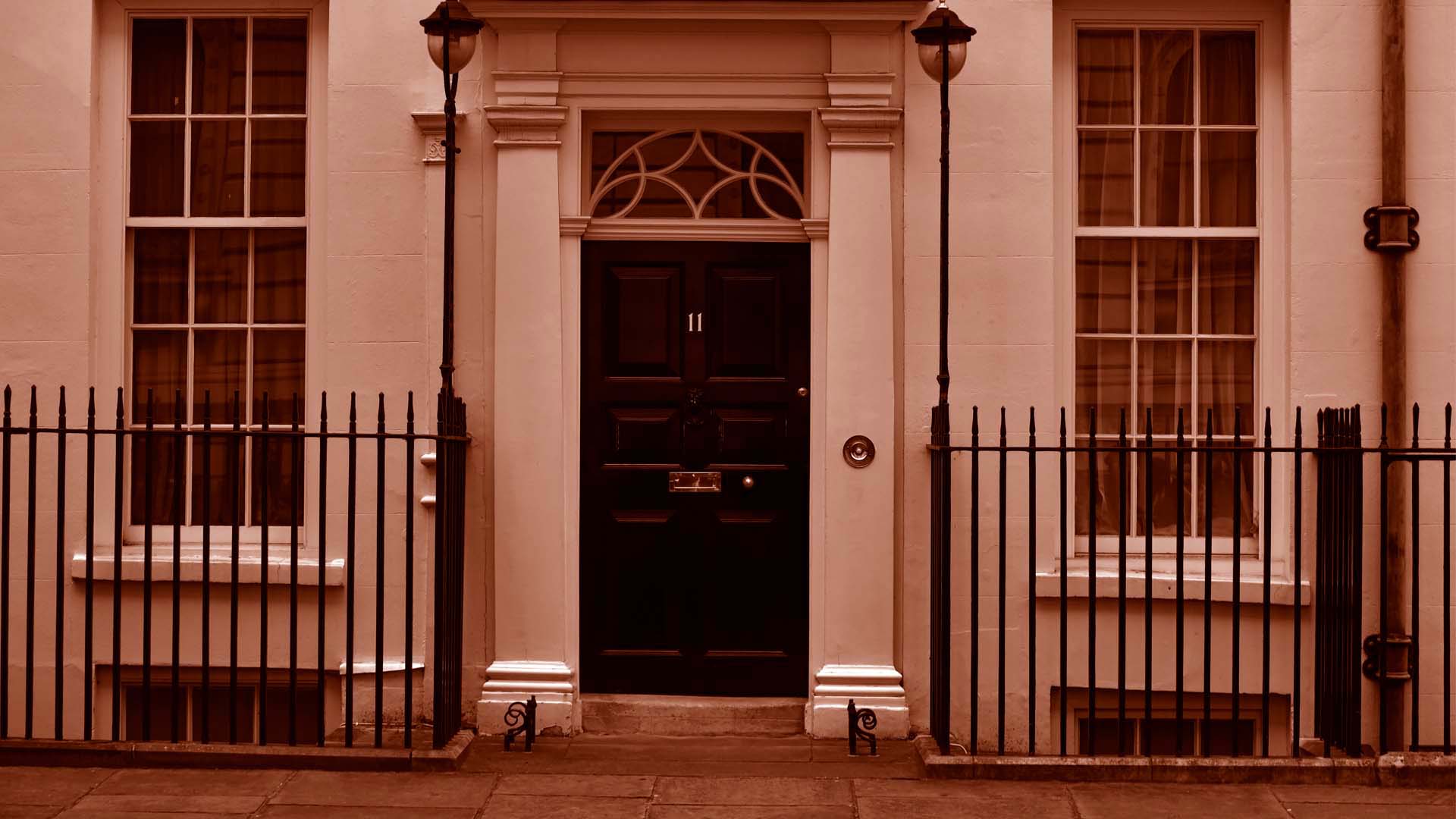Head of multi-asset investments, David Coombs, got the heebie-jeebies ahead of this Halloween-week Budget. He explains why he’s still uneasy now he’s heard it.

Dawn of the dread
There are certain things in your diary that you dread. They hang over you like a black cloud. You may have put them in ages ago, but every day they loom ever-closer, like a deranged stalker. These shuddersome events might include an appointment with the dentist, a visit from the in-laws or Halloween itself – a dreadful US import with too much plastic, too much sugar and too many grown ups channelling their inner child.
That’s how I’ve been feeling about this Halloween-week Budget. (To be fair, given the move up in Gilt yields over the past few weeks, a lot of other market participants seem to have shared my sense of dread.)
I can’t remember a Budget that’s triggered so much alarm (dare I say, fright?) in advance. The government’s management of expectations has been woeful in my opinion. In fact, I’d go further and claim its rhetoric has been about as unhelpful as what we got in the Kwarteng era. Exaggeration? Look at the 30-year Gilt yield. It was back above 4.78% at lunch time the day before Budget Day, moving inexorably toward the 5.14%, peak it hit in October 2022 when Kwarteng was Chancellor.
Taxraiser: hell on savers!
When it came to the crunch, Chancellor Reeves’ Budget statement was pretty much in line with what the government had led us to expect. I’ll leave discussion on its impact on personal finances to my Financial Planning colleagues, but I’m sure they’re going to be busy as yet another government changes the goal posts for those responsibly saving for their retirement. From an investment point of view, the Gilt market has held on to the losses it piled up in the weeks before the Budget and began to build up more after the Chancellor stood down.
I won’t try to analyse the market’s reasoning, but here are my initial personal thoughts.
First, I don’t view this as a pro-growth budget. It didn’t contain obvious significant GDP enhancing capital spending, but it increases business taxes and brings more regulations. I would argue that all that is anti-growth and it seems the Office for Budget Responsibility agree with me as it reduces forecasts from 2026 onwards.
Secondly, I worry that the anticipated revenue growth through tax rises in the form of higher National Insurance (NI) contributions from employers, Capital Gains Tax increases and charging VAT on private school fees will fall short. It’s worth pointing out that the government’s estimates about how much extra revenue they’ll bring are gross numbers.
Given the amount of capital gains realised over the past few months, have potential gains over the next few years been brought forward? Will employment levels at small businesses fall as a result of NI increases and more restrictive labour practices?
With regard to VAT on private schools, I think the government is assuming that all parents who send their children to these schools are rich and have plenty of surplus discretionary spending power. Is this true? Will parents have to cut other discretionary spending to keep their children at these schools? If so, what we might end up with is simply a VAT transfer, perhaps with a much lower net increase in the overall take.
I’m not an economist so I can’t muster the hard evidence that would support my doubts about the actual tax revenue that this Budget will raise. However, I can reflect my doubts through our multi-asset funds’ investment strategy.
As I write this, the 10-year Gilt yield has risen to 4.42% and the 30-year Gilt yield to 4.86%. That’s perilously close to Kwarteng-esque levels, reflecting the market’s worry about an increasing supply of gilts in the next financial year. Given our expectations for inflation, we may get some very attractive entry levels over the next few days and will look to take advantage at the margin.
The grim Reever
I also think the risk of a UK recession remains very real after this Budget so we remain nervous about investing in UK consumer-facing businesses. It will be interesting to see if the Budget makes it more likely that the Bank of England will press ahead with more interest rate cuts. Today, I think it might and so Gilts make sense as a hedge against recession.
So, the Budget met expectations. The trouble is that we were hoping it wouldn’t. In dentistry terms, we are left with a numbness that may take months to wear off. What’s for sure is that we haven’t exorcised the ‘tax and spend’ ghosts of past Labour administrations (and of the Boris years too, to be totally fair).
Tune in to The Sharpe End - a multi-asset investing podcast from Rathbones. You can listen here or whenever you get your podcasts. New episodes monthly.









